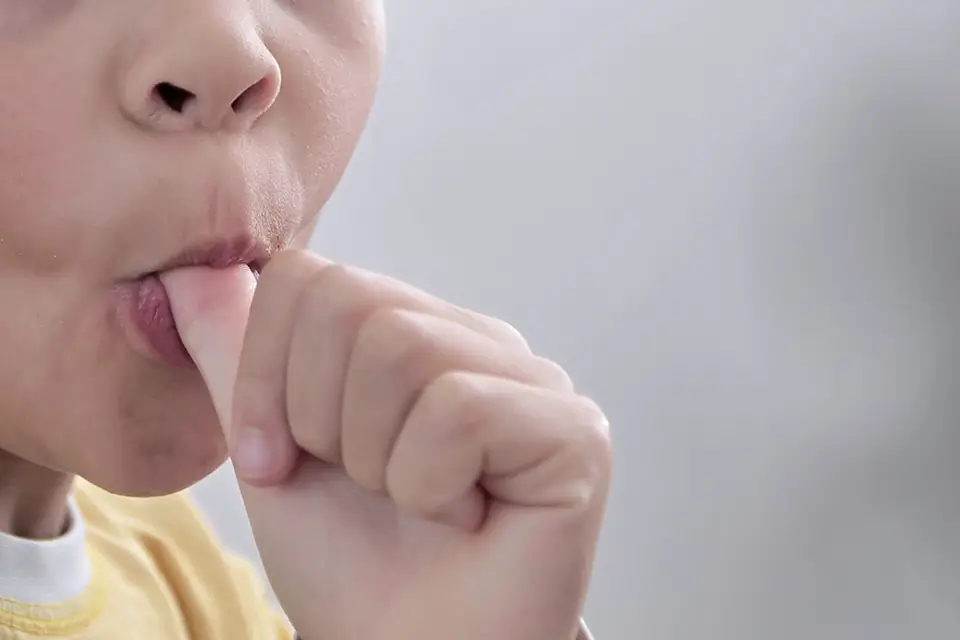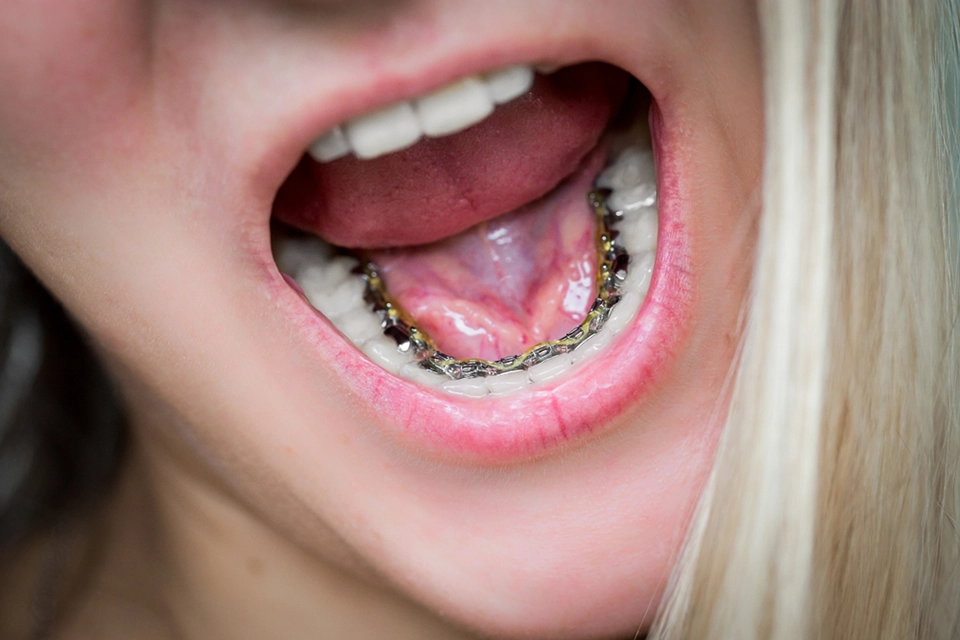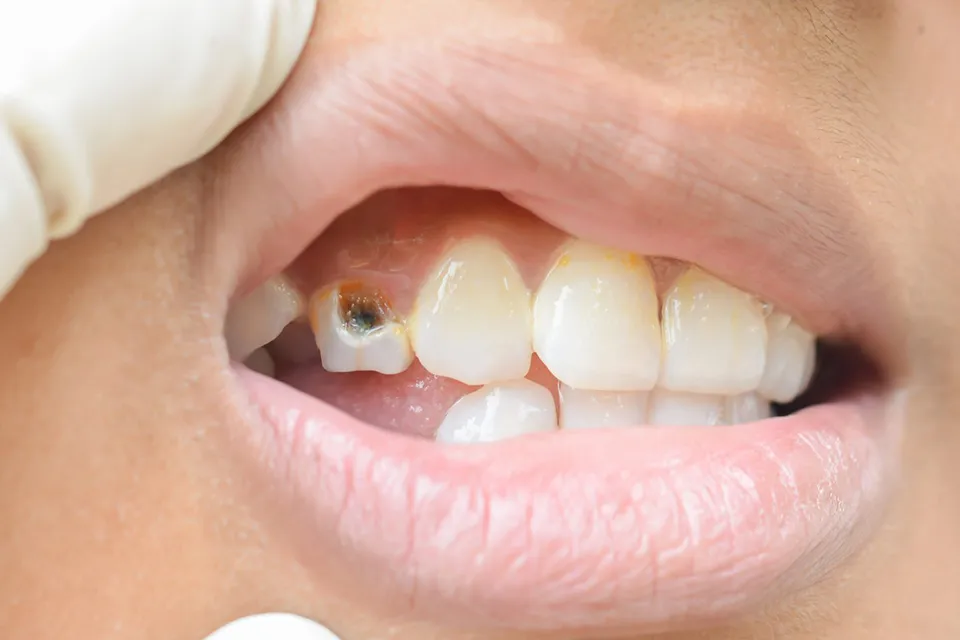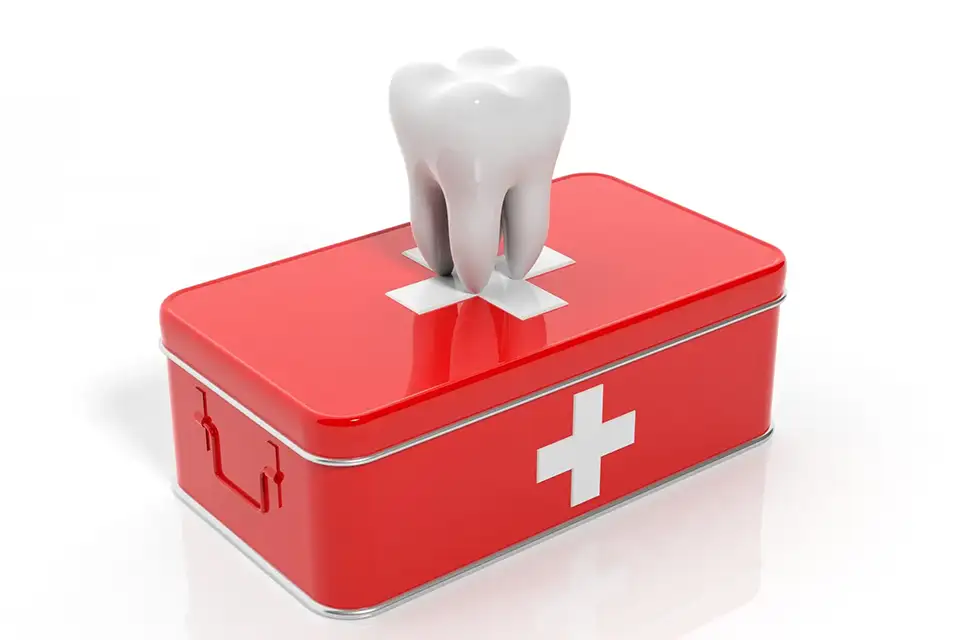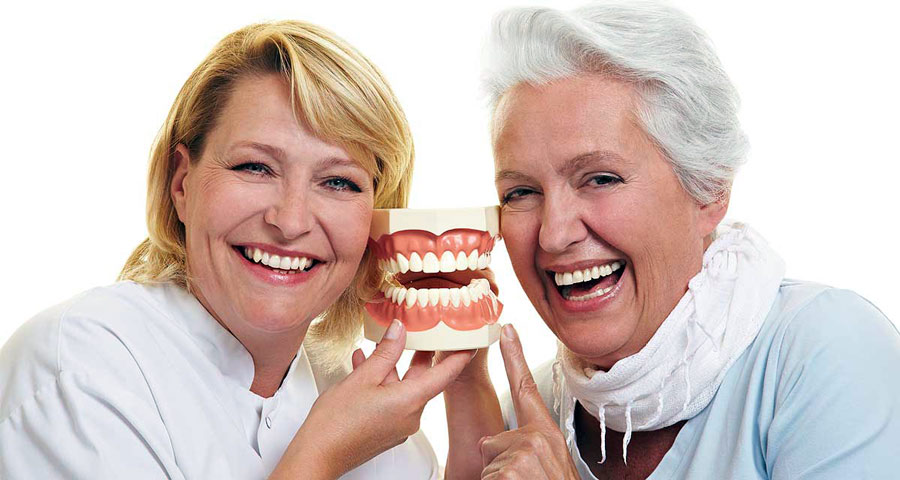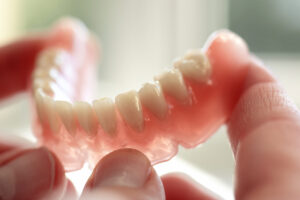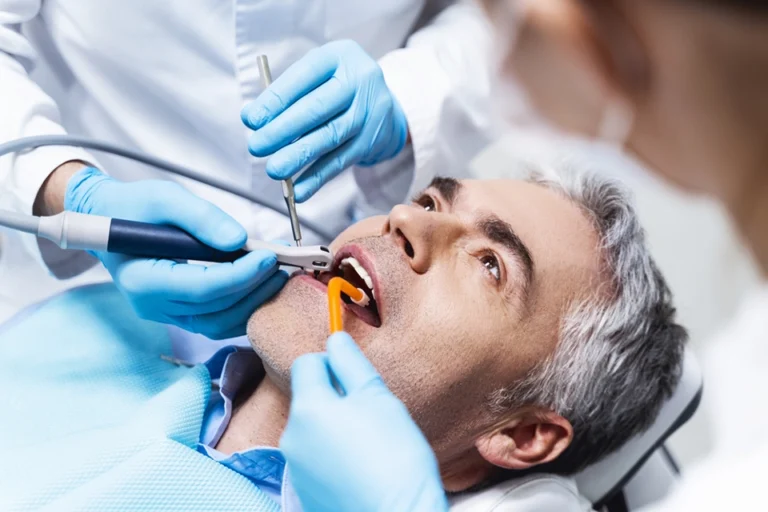Considering false teeth? Oral health has significant effects not only on physical health but also psychological well-being. Oral complications, such as missing teeth, cavities, decays, and discoloured teeth, negatively impact one’s self-esteem. Typically, your smile plays a substantial role in concerning self-concept and social acceptance. According to evidence-based statistics, your smile is an integral part of the first impression. It plays affects general physical appearance. Social relations studies concerning the impact of dental disorders and their influence on adolescents’ self-esteem reveal that disoriented dental formulas negatively impact 88% of teenagers with oral conditions. Studies also show that people value dental appearance when it comes to choosing romantic partners. So you can think of fake teeth in case of any tooth loss.
Undoubtedly, more than 50% of the world’s population suffer from dental complications. This means numerous people are struggling with their self-esteem. Fortunately, there are many solutions to different dental conditions. Even if you have difficulty chewing due to stubborn back teeth, it is easy to sort this problem by replacing it with a false molar tooth. This article discusses the benefits and other vital details concerning false teeth.
What Are False Teeth?
What happens when you lose permanent teeth? This can be quite depressing, right? Missing some of your permanent teeth can not only interfere with your self-confidence but also your ability to talk correctly or chew properly. One of the convenient solutions to restoring your dentition is the incorporation of dental implants. However, dental professionals recommend that the best option might be to consider false teeth. One of the popular tooth replacement options is prosthetics.
This is because they are practical yet economical. In recent years, people opted for other teeth replacement options other than oral dentures because of their unnatural appearance and feel. However, modern-day technology makes it possible to wear prosthetics that feel comfortable and appear less artificial. Fake teeth cost between $300 and $20,000 based on what you will choose.
What Are Dentures?
The prosthetics are false teeth that you can take out and put back in your mouth, used for replacing permanently lost teeth. Typically, the prosthetics have unique snug fits to meet each wear’s conditions due to the varying jaw sizes and shapes. One of the common questions concerning false teeth is, “Artificial teeth are made up of which material?” The dental framework may comprise various materials: nylon, resin, porcelain, metal, or acrylic. The material used for your dental framework will depend on the type of denture you select and will determine the dentures cost.
How Do Prosthodontists Make the Prosthetics?
Steps to Making the Denture
- The first step of making the dental plate is taking the measurements by making an impression of the patient’s teeth to create a plaster model. This is an essential step to estimating the correct size and shape of the wearer’s mouth.
- Using the plaster model placed in an article that resembles the jaw, the prosthodontist creates fake teeth models using wax. It is essential to have several models so that the professional can choose the best fit.
- The third step involves creating the denture using the most suitable model. Here, the dentist will use the selected materials to fabricate the final denture. First, plaster is poured into the wax; then, the wax is melted away. The dentist then injects porcelain, acrylic or other selected material at the previous location of the wax.
- The fourth step involves removing excess wax and other incorporated material to get the final model of the denture.
- After polishing, the denture is put in the patient’s mouth to ensure that the bite is perfect and the wearer is comfortable. If not, the professional makes the necessary adjustments depending on the unique requirements of the patient.
What Are the Types of False Teeth?
The common types of false teeth include full, partial, flexible, and removable prosthetics.
Complete Dentures as False Teeth
Full prosthetics replace patients’ complete set of teeth after an injury or severe dental complication such as periodontitis. The complete artificial teeth can either be conventional or immediate. Conventional prosthetics are convenient for patients who have injured gums. It takes eight to twelve weeks for the patient to wear conventional full prosthetics as this is the time the gums take to heal. One can have immediate prosthetics immediately after the removal of teeth. They are perfect alternatives for individuals who do not want to go without teeth during the gum healing period.
However, the downside with immediate full prosthetics is that they require frequent readjustments to fit properly. Some sources suggest that they can also interfere with the healing process of gums, though there are solutions to that challenge. Full prosthetics compose of false teeth attached to plates with color which resembles the patients’ gum. The plates sit on the gums and are held in place using an oral adhesive. Full dentures cost more than partial dentures.
Partial Dentures
Partial dentures are suitable for individuals who still have some of their natural teeth. They fit around the remaining sets of teeth. To avoid their visibility, the denturist creates them using material with colours that resemble patients’ natural teeth. Partial dentures constitute false teeth attached to pink gum-like plastic bases held in place by metal frameworks. This set of false teeth improves one’s oral appearance and prevents crooked teeth by keeping the remaining natural teeth in their respectful positions.
Removable Prosthetics
Removable prosthetics are the traditional types of false teeth. Initially, they were the only and most preferred solution concerning prosthetics due to the lack of techniques to create modern models. The removable dental framework is convenient because it is easy to clean. However, they are challenging to manage due to their loose nature. More so, it is impossible or relatively difficult to chew hard food. According to oral healthcare experts, removable prosthetics may not be the best option since they accelerate bone loss in the jaw.
Flexible Prosthetics
The flexible dental prosthesis is similar to partial dentures. They also fill the gap for individuals who still have some of their natural teeth intact. However, they compose of translucent material, which makes them less visible, therefore appearing more realistic. Flexible prosthetics are appropriate alternatives to the traditional ones because they are easy to clean and adjust yet made of durable materials. Typically, the flexible dental appliances consist of thin film-like thermoplastics with molded wings at each end that holds the sets in place.
The Benefits of Oral Prosthetics
Boosts Your Confidence
Disoriented dental formulas are one of the primary reasons people develop low self-esteem. Prosthetics boosts your confidence as they look almost as real as natural teeth, and their shape is perfect. If you are very self-conscious concerning what people think about your smile, prosthetics may be your ultimate solutions. Keep in mind that radiant smiles lead to positive energy.
Dentures Are Easy to Clean
Prosthetics are oral aesthetics that you can remove and put back in your mouth. Thus, it easy to clean them as you can reach every corner. Usually, your dentist will offer you the best toothbrush for your prosthetics, along with helpful guideline about how to clean the false teeth. Typical denture toothbrushes have two sides; one flat bristled head and another single tufted head. The flat end brushes smooth surfaces while the tufted end cleans places that are difficult to reach.
They Are Comfortable
It takes three to five days to adapt to the foreign feeling of prosthetics in your mouth. This is because prosthodontists create prosthetics according to the unique requirements of each patient. Your prosthetics will typically be the same size as your teeth because they need to align with your gum and jaw size. You can restore your dentition without necessarily feeling as if you have foreign material in your mouth. Apart from that, the dentures cost is pocket friendly.
False Teeth Improve Your Speech
It is not wise to ignore missing teeth because they can affect your speech. Some words are difficult to pronounce with gaps between your teeth. For instance, we produce strident sounds when we press the friction of airflow against some teeth. You may find yourself whistling or even spitting when talking due to missing teeth problems. Prosthetics are great solutions for fixing speech problems.
Enhanced Biting
It is impossible to bite, chew and swallow food when some teeth are missing. This is one of the reasons most seniors have prosthetics to aid in enhancing their quality of life. Furthermore, prosthetics can withstand almost as much pressure and friction as natural teeth. Therefore, you can have meals without putting too much restriction on your diet.
The Proper Way for Caring for Your Prosthetics
- Clean your prosthetics regularly using clean water and dentures cleaner to dislodge food particles stuck between the false teeth. Remember to use denture-based toothbrushes as the standard toothbrush can cause abrasion.
- Hydrate your prosthetics when you are not wearing them by storing the aesthetics in warm but not hot water or denture cleansing solutions.
- Be careful when removing the prosthetics as they may break when they drop on hard surfaces.
- Brush your gum, teeth, and tongue before putting back the false teeth to improve your tissues’ air circulation. This also prevents the build-up of bacteria, which can lead to further oral complications. Remember to rinse off the denture cleaner before putting the aesthetics back in your mouth.
- Most importantly, visit your dentist as required to get essential details of the state of your prosthetics and overall oral condition.
When to Use Denture Adhesives
- Have dry mouth conditions.
- You have neurological disabilities.
- If you sing, deliver public speeches or have any other occupation that requires you to be on stage most of the time.
- You have partial dentures, although this optional.
- If you have facial muscle problems.
You should not use denture adhesives if you
- are allergic to adhesives.
- have poor oral hygiene.
- are trying to fit the prosthetics back after they become loose.
- took too long to visit your dentist.
The Disadvantages of False Teeth
- They are not as realistic as natural teeth.
- You have to remove them daily for easy cleaning.
- They can cause oral diseases due to trapped food particles which cause the development of bacteria.
- It is challenging to consume certain foods.
- You have to replace prosthetics after 3 to 8 years, depending on the type.
- False teeth cost can be too high.
Best Alternatives to Dentures
Instead of wearing the dental framework, you can opt for dental implants or bridges. Dental implants appear more realistic. They consist of false teeth attached to screws. The artificial tooth root can also support dental bridges. In conjunction with that, the implants last for decades with proper care and do not require frequent visits to the dentist. They also improve facial appearance by preventing sagging. Moreover, they can withstand forces caused by biting crunchy food. However, the cost of dental implants is the most expensive.
False Teeth Cost
False teeth cost vary depending on the type of aesthetic you select. For instance, the average cost of a denture in the U.S ranges between $300 and $4,000 for the full set of lower or upper teeth. This depends on whether to select standard, mid-range, or premium teeth. The average cost of bridges ranges from $1500 to $5,000; this depends on the type of bridge you prefer. Implant-supported bridges can cost as much as $20,000. The cost of dental implants, on the other hand, is quite hefty. These false teeth cost between $3000 and $5000 for a single implant.
Zara Dental in Houston
Why should you choose us? At Zara Dental in Houston, fake teeth’ price is quite affordable compared to many dental clinics. How much does it cost for fake teeth at Zara Dental? Fake teeth cost at our facility depends on the type of false teeth you want. We can work out a beneficial payment plan for you, depending on what you choose. The cost of dental implants, for instance, is more expensive than that of denture and bridges. It is also possible to replace your missing molar tooth using the false molar tooth. More so, we accept payment plans from most insurances. You are welcome to the most affordable dentist in Houston.

